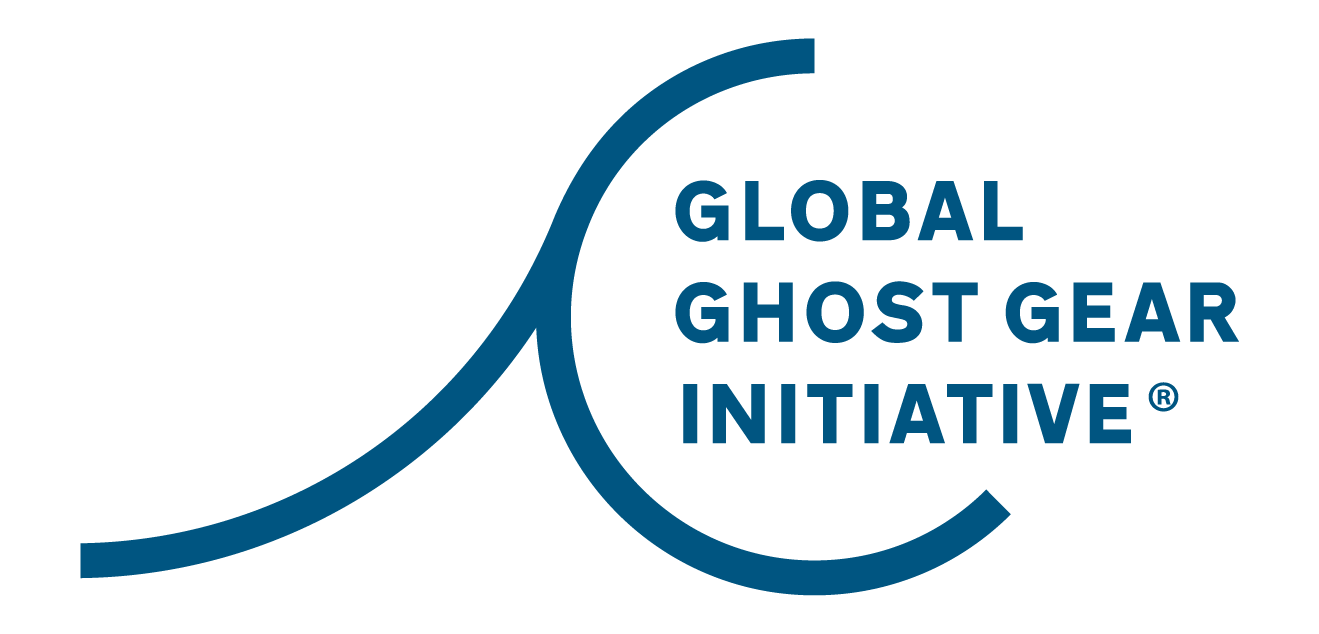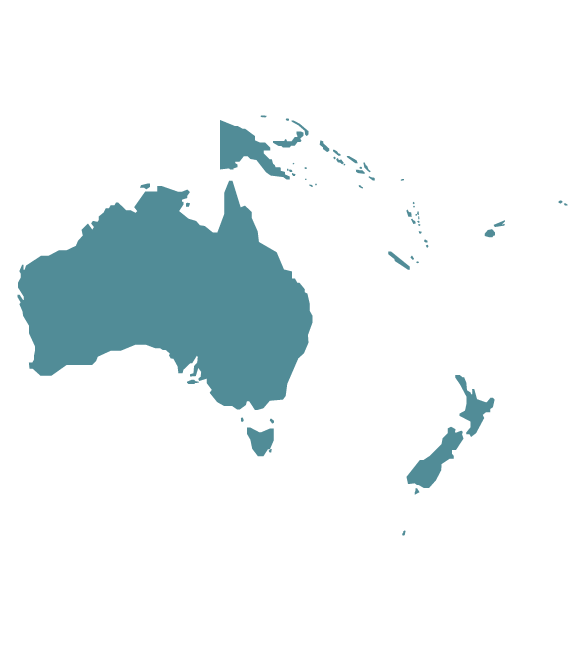Our
projects
Projects on this page are divided into two categories: GGGI Signature Projects and GGGI Small Grants.
GGGI Signature Projects are collaborative projects that have been designed by and funded through the GGGI involving several GGGI members and other partners contributing to large-scale and often multi-phase projects.
GGGI Small Grants are projects are funded through the GGGI Small Grants Program, which is a competitive bid-based program open to GGGI members only, pending available funding. GGGI Small grants typically involve one or more GGGI members working on specific projects in select geographies.
GGGI projects by region - select a region and then click “explore” to see projects from each region
All Projects
GGGI Small Grant (2021) - Enaleia (Italy)
With the support of GGGI, Enaleia was able to establish this project in the region of Emilia-Romagna, activating more than 600 fishers to collect 25,000 kgs of ALDFG for the first time in Italy, and facilitating the upcycling and recycling of more than 90% of the collected material. The project has been up and running since the initial small grant support in 2021, and is now replicating in more areas of Italy.
Additionally, Enaleia’s Mediterranean Cleanup project has expanded over the last year to Spain and Egypt, envisioning a Mediterranean Sea without ALDFG, where fishing communities are part of the solution.
GGGI Small Grant (2021) - Gulf of Maine Lobster Foundation (USA)
In June 2021, the Gulf of Maine Lobster Foundation, based in Kennebunk, Maine, Monterey Bay Diving, based in Monterey Bay, California, and commercial fisher and diver Jim Buxton, based in Portland, Maine, completed a cross-country collaboration to use side-scan sonar to attempt to identify ALDFG in Casco Bay, Maine. The team spent three full days in June 2021 using Monterey Bay Diving’s Edge Tech 4125 side-scan sonar unit to scan an area of approximately 20 square miles where there could be potential large masses of fishing gear.
GGGI Small Grant (2021) - Hawaii Pacific University Center for Marine Debris Research (USA)
Abandoned, lost and discarded fishing gear (ALDFG) washes ashore by the tons in Hawai'i, threatening corals and other marine life. Hawai'i Pacific University’s Center for Marine Debris Research (CMDR) has been detecting and removing ALDFG from the environment to identify the sources and quantify the damage done to coral reef habitats. Partnering with Hawaiʻi Institute of Marine Biology, The Nature Conservancy, and Makanakai Marine Services, with funding from the Global Ghost Gear Initiative (GGGI), CMDR used Structure from Motion (SfM) high-resolution 3D imagery of a coral reef to capture imagery of coral in a high-risk DFG strike zone in Kāne'ohe Bay. The goal of the project was to capture imagery of the reef before a net strike, with the net on the reef, and the reef after the net was removed, in order to quantify the damage and recovery of the reef over time.

Become a Member
Interested in becoming a member? Click the button below to learn more.









